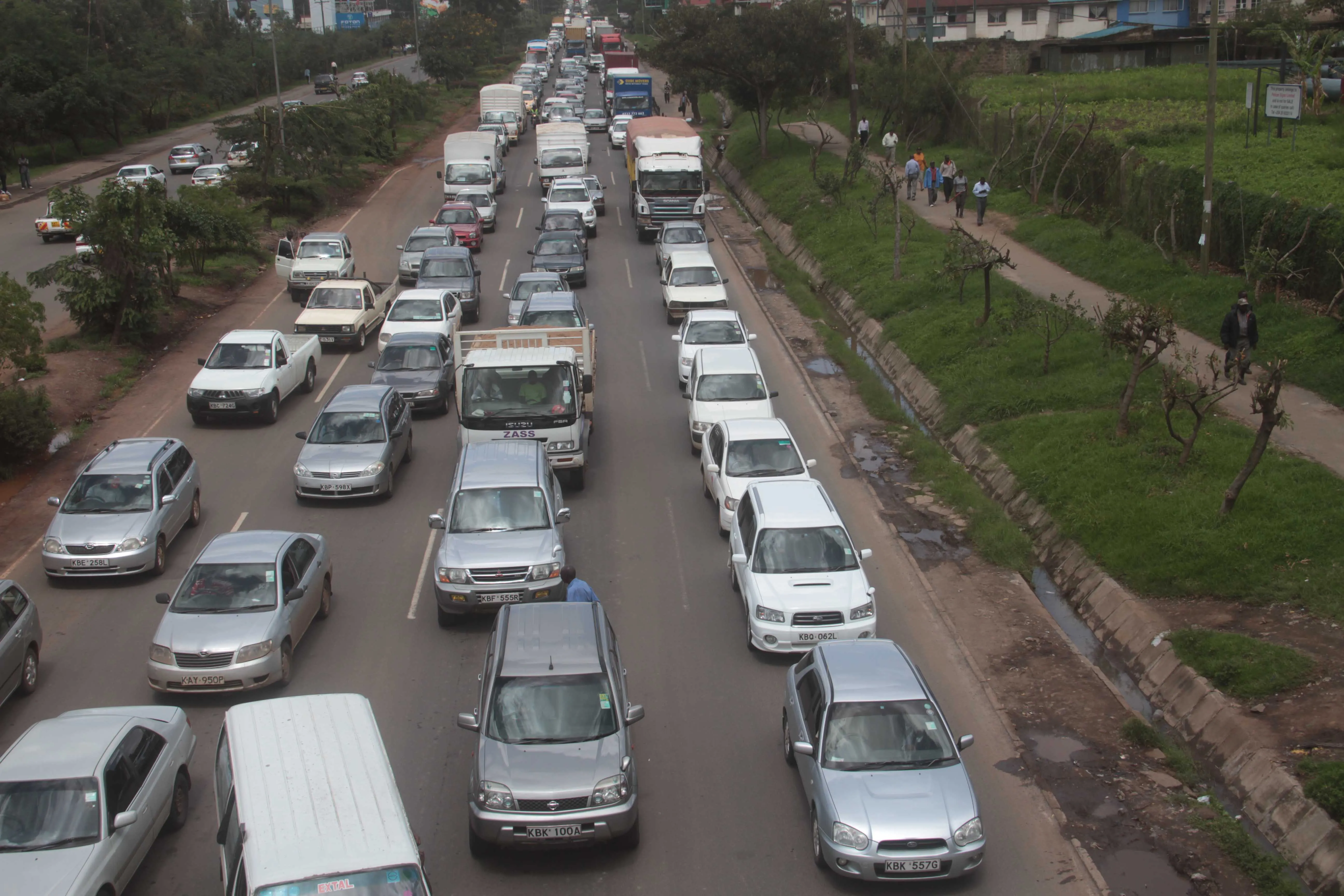The Australian city of Melbourne has laid out plans for a US$1.4 billion public-private partnership to revamp major city streets.
Melbourne is the capital and most populous city in the state of Victoria, and, with around 4.6 million people, the second most populous city in Australia. Some areas of Melbourne are growing by up to 6% a year.
More than 700km of suburban roads will be upgraded by 2022 as part of the 20-year construction and maintenance package, said state premier Daniel Andrews.
Eight h
November 14, 2016
Read time: 2 mins
The Australian city of Melbourne has laid out plans for a US$1.4 billion public-private partnership to revamp major city streets.
Melbourne is the capital and most populous city in the state of Victoria, and, with around 4.6 million people, the second most populous city in Australia. Some areas of Melbourne are growing by up to 6% a year.
More than 700km of suburban roads will be upgraded by 2022 as part of the 20-year construction and maintenance package, said state premier Daniel Andrews.
Eight high-priority roads are targeted, as well as "choke points" on other streets.
The Age newspaper reported that state treasurer Tim Pallas said the project will be paid for by the same availability model that paid for Peninsula Link, a 25km freeway between Carrum Downs and Mount Martha that opened in 2013.
The private sector will receive quarterly payments over 20 years to upgrade the eight roads and maintain the wider western suburban network.
Melbourne has also been considering constructing elevated bike lanes through the central business district. The $72 million “cycle highways” scheme is one of 200 ideas put forward by Infrastructure Victoria, a Victoria state agency, to improve public transportation in the next 30 years. The agency estimates that more than 81,000 bike trips are recorded in Melbourne each weekday, according to a report by ABC News last June.
Melbourne is the capital and most populous city in the state of Victoria, and, with around 4.6 million people, the second most populous city in Australia. Some areas of Melbourne are growing by up to 6% a year.
More than 700km of suburban roads will be upgraded by 2022 as part of the 20-year construction and maintenance package, said state premier Daniel Andrews.
Eight high-priority roads are targeted, as well as "choke points" on other streets.
The Age newspaper reported that state treasurer Tim Pallas said the project will be paid for by the same availability model that paid for Peninsula Link, a 25km freeway between Carrum Downs and Mount Martha that opened in 2013.
The private sector will receive quarterly payments over 20 years to upgrade the eight roads and maintain the wider western suburban network.
Melbourne has also been considering constructing elevated bike lanes through the central business district. The $72 million “cycle highways” scheme is one of 200 ideas put forward by Infrastructure Victoria, a Victoria state agency, to improve public transportation in the next 30 years. The agency estimates that more than 81,000 bike trips are recorded in Melbourne each weekday, according to a report by ABC News last June.







